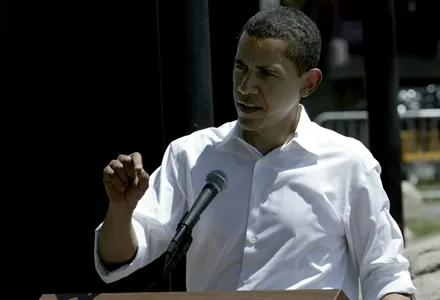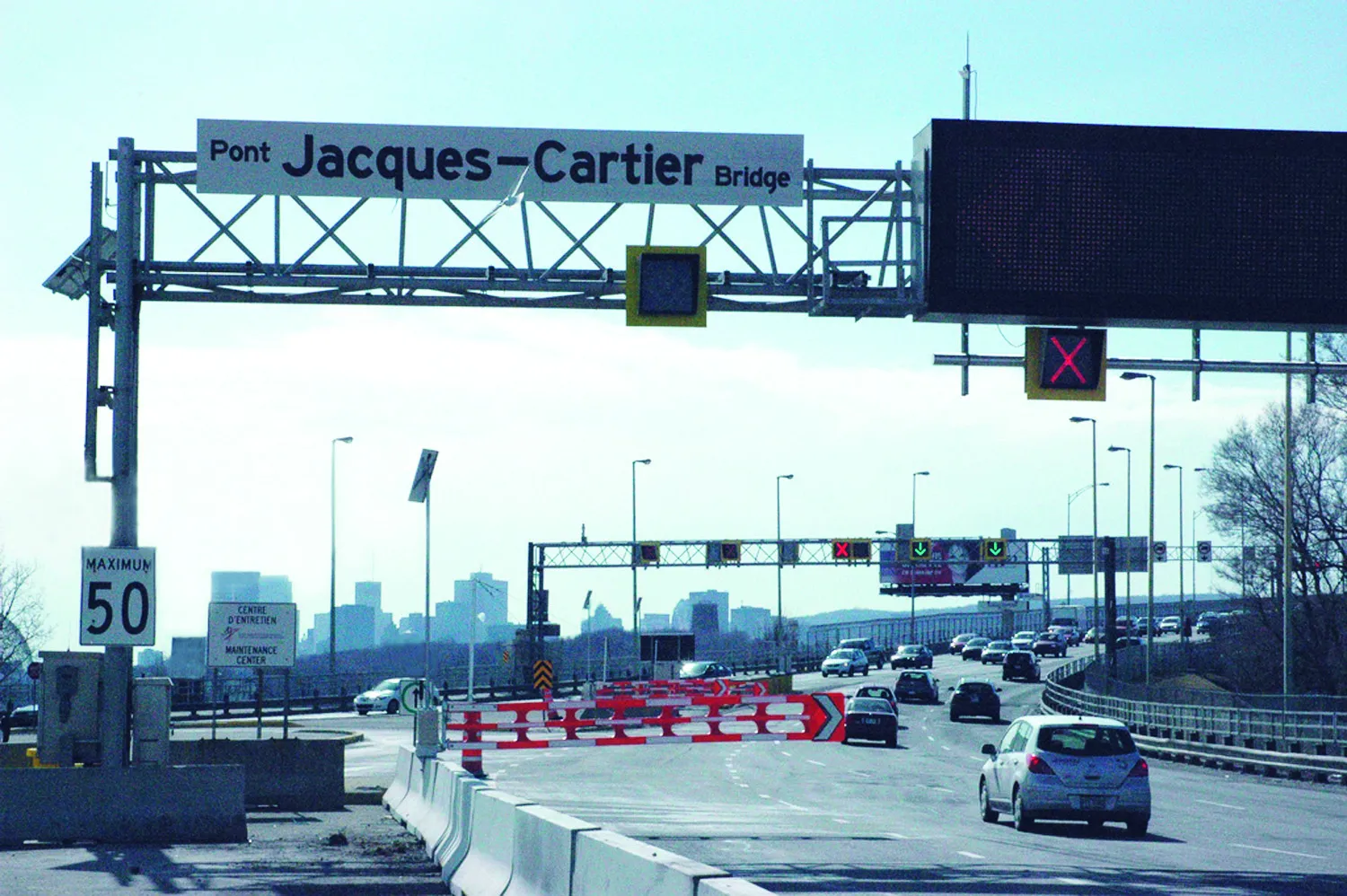The current US transportation funding law expires in September 2009. The current law allocates US$286 billion to highway and transportation projects. However, simply re-authorising the same amount will not be sufficient to build, maintain and improve the nation's roads, bridges, airports, and other deteriorating infrastructure. The backlog of projects unaddressed has swollen to the point where the American Society of Civil Engineers (ASCE) says it will take $1.6 trillion to address the country's road and in
July 18, 2012
Read time: 4 mins

The current US transportation funding law expires in September 2009. The current law allocates US$286 billion to highway and transportation projects. However, simply re-authorising the same amount will not be sufficient to build, maintain and improve the nation's roads, bridges, airports, and other deteriorating infrastructure.
The backlog of projects unaddressed has swollen to the point where theDuring his campaign, president-elect Barack Obama made clear statements that he understands the investment needs of America's roads and bridges.
In his speech before the US Conference of Mayors in June, senator Obama said, "When it comes to rebuilding America's essential but crumbling infrastructure, we need to do more, not less. Maintaining our levees and dams isn't pork barrel spending, it's an urgent priority, and that's what we'll do when I'm President. The work will be determined by what will maximize our safety, security, and shared prosperity." When asked by the
This tax has not changed since 1993 and has not kept pace with the rate of inflation. And with US drivers buying less fuel, the Highway Trust Fund is virtually an empty wallet.
While the President-elect supports increased spending, it is still a far cry from the levels needed to restore America's roads and infrastructure. Yet, Obama has made it clear he is aware of the poor state of the nation's infrastructure and has claimed, quite strongly, that he plans to invest, creatively and aggressively, in the future of the American infrastructure.
In that same interview with AAA, Obama said, "Washington, DC, has not only provided too few resources to maintain our existing infrastructure, but also paid little attention to building new infrastructure to accommodate a growing population and the demands of a 21st-century economy... That is simply unacceptable both for the safety of the American people and the continued growth of our economy."
And clearly the American public is in support of increased spending as well. According to the American Road & Transportation Builders Association (ARTBA), most voters overwhelmingly said "yes" to measures that would increase their tax burden to fund transportation improvements. In total, the measures would generate more than $71
billion in new revenue for transportation infrastructure work.
ARTBA tracked 37 state and local transportation funding-related ballot initiatives in 17 states. Of the 37 measures, 32-or 86%-asked voters to initiate, extend or increase taxes, or approve bonds to fund transportation improvements.
Twenty-five-78% of the bond and tax measures-were approved with an average vote of 63%.
On January 20th 2009, president-elect Barack Obama will be sworn in as the 44th President of the United States. As he has claimed throughout his campaign, Obama understands the critical need for increased and innovative financing. The








